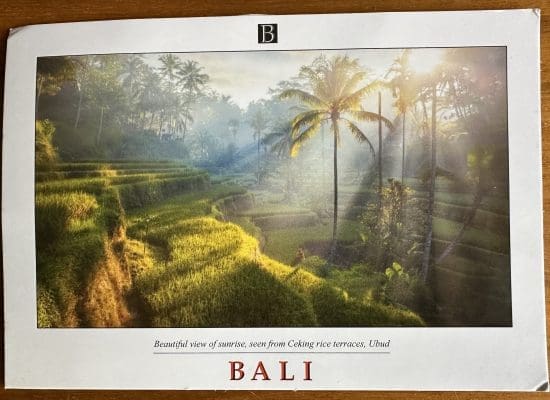Post photo: Ein Zettelkasten | @ Shutterstock
Still in the holiday mood, I sit in my rocking chair very early and drink a coffee. At least one very nice person is sure to be happy when she reads these lines.
I was able to use my vacation quite well to sort my thoughts — at least a few trains of thought from them. And so I also pursued the question of what man is in himself. Probably everyone will be able to agree that we are all part of an unmanageable communication space. Maybe also that we as humans are the sum of all our decisions and actions.
And each of us asks the question at least once in life, who am I and what is the point of all this. Those who deal with this question their entire life and who also try to pursue this question with somewhat more structured trains of thought can probably be called philosophers; some of them even earn their living with it.
Some of us also find that one can only understand one's life, like history as a whole, in hindsight and this in turn could lead to the realization that one is what can be seen by a viewer, the footprint so to speak, that you leave on the beach; It is not for nothing that environmental activists like to talk about an “ecological footprint”.
So each of us is not only the sum of our decisions and actions, but also the sum of everything that we have left behind in the course of our own life; this ranges from your own part in the destruction of the environment to your own possessions to the memories you leave behind in other people.
And so it will probably be impossible for anyone - not even oneself - to fully understand a person. Posterity, if it searches at all, will only find the mentioned footprints of past walks. And some of these footprints like Julius Caesars "Veni, vidi, vici" survive the passage of time, but in the end they can hardly tell us anything about this person.
But this in turn can lead to the realization that a person is very well capable of making an “impression” for themselves and also for posterity.
And since you're the person that cares about you, it would be a good thing if you not only know what you're doing, but also what you've already done.
A very good memory is certainly helpful, but it has probably never been sufficient to serve as the sole tool for a person throughout their life. That's why, my guess, it came about that very early on people added "possession" as an additional tool.
Both memory and possessions only really help if you have both well organized; otherwise you live more like the squirrels, who always struggle, but ultimately live by chance as a result of all their efforts.
And that's why people have been using writing for a very long time, right through to entire libraries, archives and card boxes, the latter of which is currently very popular Nicholas Luhmann, in order to organize oneself above all, but also to understand oneself.
And this leads me to today's thought in the morning, a realization that I have gained in the last few weeks, namely that it is not enough if one accumulates spiritual and material possessions, they also have to be accessible and usable. And that in turn leads me to the realization that the organization better still the communication of thoughts and possessions is at least as important as the possession itself.
And that means for me now that z. B. Luhmann's Zettelkasten can only be of value to Luhmann himself, because the actual value and meaning lies in the organization of the Zettelkasten itself. Luhmann's "footprint" is not the content of his slip of paper, but the way in which he organized it and communicated his thoughts and insights.
This realization now forces me to organize and communicate my own possessions, whether spiritual or material, in a completely new way.
"Just as a gardener cultivates his plot, keeping it free from weeds, and growing the flowers and fruits which he requires, so may a man tend the garden of his mind, weeding out all the wrong, useless, and impure thoughts, and cultivating toward perfection the flowers and fruits of right, useful, and pure thoughts. By pursuing this process, a man sooner or later discovers that he is the master-gardener of his soul, the director of his life. He also reveals, within himself, the laws of thought, and understands, with ever-increasing accuracy, how the thought-forces and mind operate elements in the shaping of his character, circumstances, and destiny."
James Allen, Libraries: A Monthly Review of Library Matters and Methods (1909: 208)







